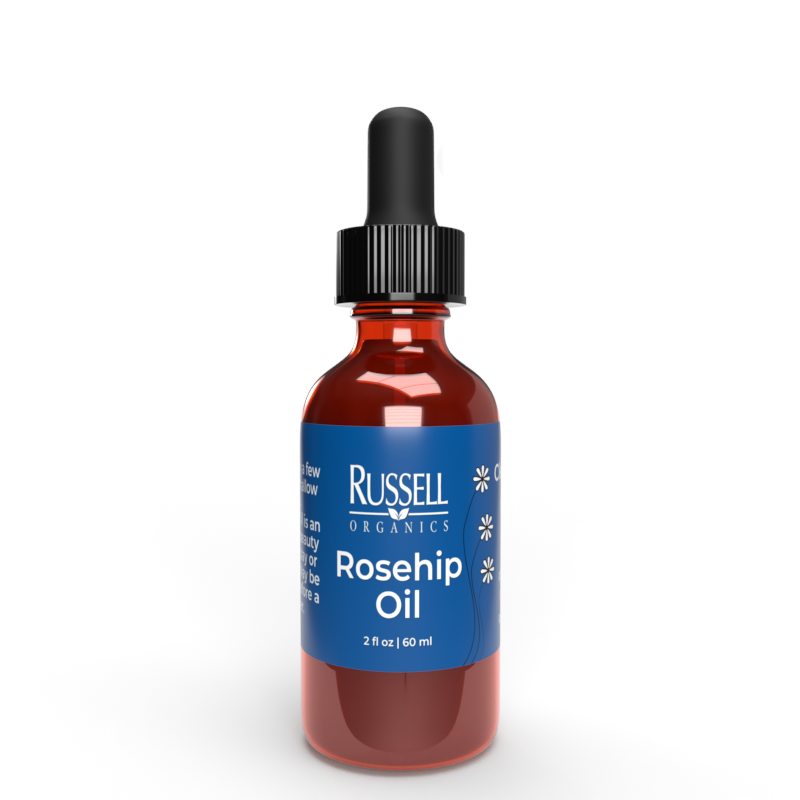The Science Behind Preserving a Youthful and Youthful Skin
The Science Behind Preserving a Youthful and Youthful Skin
Blog Article

Maintaining a glowing skin health requires more than just good genes—it requires a dedicated skincare routine. Since the skin is the most exposed organ, it encounters numerous external stressors, UV rays, and multiple elements that influence its health and appearance. A daily routine featuring washing, moisturizing, face masks, serums, and facial oils is essential to keeping healthy, glowing skin.
Washing the face every day forms the foundation of maintaining clear skin. Over time, the skin accumulates impurities, sebum, and bacteria, which, if not removed, often result in breakouts, a tired look, and skin issues. A good face wash removes these deposits, making sure a fresh complexion. That being said, it’s important to use a non-irritating cleanser suited for individual concerns so as not to cause over-drying. Cleansers with strong chemicals may strip the skin’s protective barrier, resulting in inflammation. Those with delicate skin should opt for dermatologist-recommended formulas. Oily complexions benefit from gel-based washes that organic hydrating oils provide balance while maintaining hydration. Moisture-rich cleansers work best for parched complexions, maintaining hydration while cleansing.
After washing, hydration is the next crucial step to lock in moisture. Facial creams serve to restore moisture, reducing the chances of dehydration and irritation. Regardless of skin condition, keeping moisture intact is key. People dealing with acne should select oil-free moisturizers that nourish without clogging pores. Dehydrated skin types, a richer formula can work wonders. People with fluctuating skin needs benefits from a mix of textures to prevent excess shine and flaking. With regular application, a good moisturizer ensures skin elasticity.
Facial oils are highly recommended for their ability to deeply nourish. Compared to lotions and creams, plant-based oils penetrate deeper to enhance skin barrier support. Examples include rosehip oil, which contain essential fatty acids, improve skin elasticity. For individuals with excessive sebum, fast-absorbing oils such as squalane regulate oil production. Aging skin benefit from deeply hydrating oils like moringa, that improve suppleness. Incorporating a facial oil as a final step supports a plump complexion, leading to improved skin texture.
Report this page